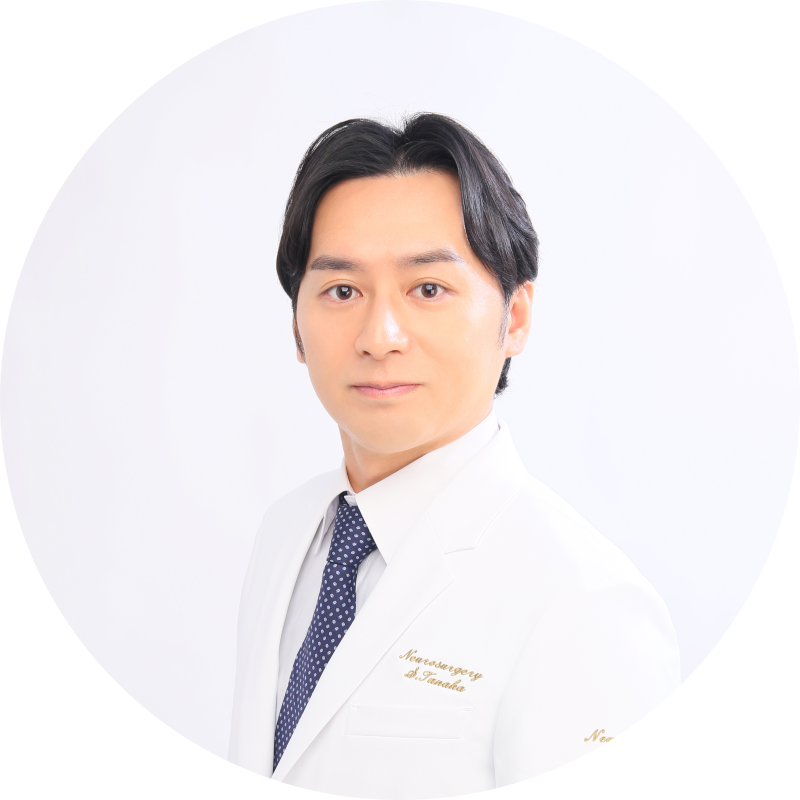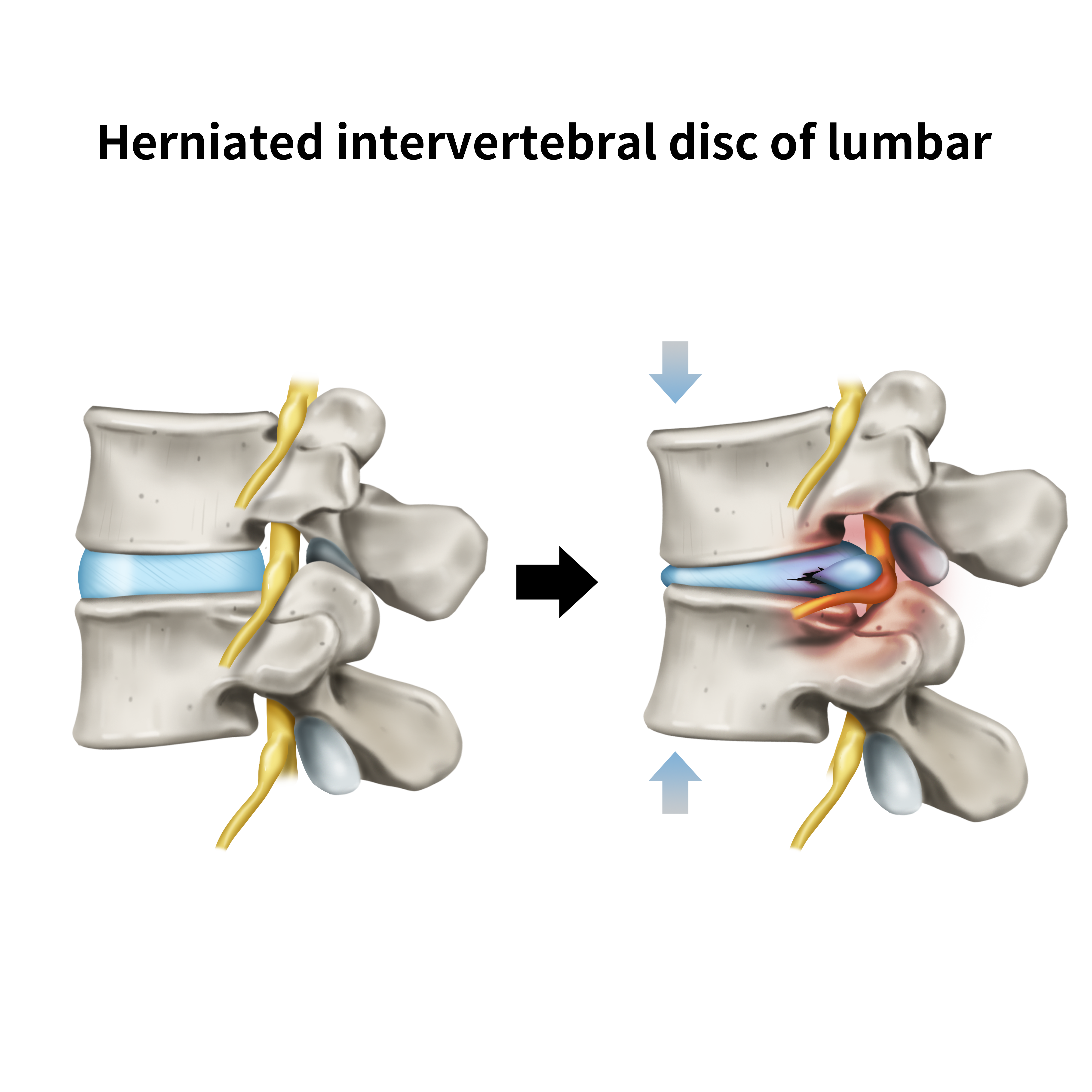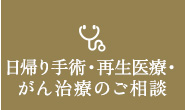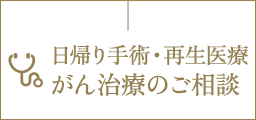
Have you previously been treated for a herniated disc but still experience lingering pain? Perhaps your symptoms improved after surgery, only to return years later? These could be early warning signs of a recurrence. In this article, I will explain the mechanisms behind a recurring herniated disc and discuss current treatment options.
<Director Profile>

Satoshi Tanaka
Director of Omotesando General Medical Clinic
My name is Dr. Satoshi Tanaka, and I am the Director of Omotesando General Medical Clinic.We are proud to open a new medical facility in the heart of Tokyo, dedicated to providing advanced and regenerative treatments for a wide range of conditions, including cancer, spinal disorders, and chronic pain. Our goal is to deliver personalized care using the latest medical technologies and approaches.
If you have not found relief through standard cancer treatments, are struggling with ongoing symptoms, or are living with chronic pain that impacts your quality of life, we encourage you to reach out. Our team is here to listen, support, and offer new possibilities for your care.
While we provide highly specialized medical services, we strive to maintain a welcoming and open environment where every patient feels comfortable and cared for.
We look forward to the opportunity to support your health and well-being.
◆Contents
1. What Causes a Herniated
2. Why Do Herniated Discs
3. How to Prevent Herniated Disc
4. Pros and Cons of Regenerative Medicine
5. Conclusion
┃1. What Causes a Herniated Disc?

A herniated disc occurs when the soft inner core (nucleus pulposus) of a spinal disc protrudes through its outer layer and compresses nearby spinal nerves. This often results in pain or numbness in the legs or buttocks.
In mild cases, the herniation may shrink naturally with rest, and symptoms often ease accordingly. However, if pressure continues to be applied—by ignoring the need for rest—the condition may worsen, leading to chronic nerve compression and long-lasting pain.
>>Learn more about herniated discs (Japanese)
┃2. Why Do Herniated Discs Recur?
Even after successful treatment, a herniated disc may recur if the inner disc material continues to leak and cause inflammation. When the leakage stops, the herniated tissue is usually reabsorbed by the body within about three months, and symptoms resolve without recurrence.
However, if there is damage to the disc itself, it remains vulnerable to repeated leaks. Each time strain is applied, the nucleus pulposus can leak again, trigger inflammation, and cause symptoms to return—while the underlying disc damage remains. This creates a cycle of flare-ups and partial healing.
If you experience persistent or new symptoms after initially recovering from surgery, it could indicate a recurrence. It’s important not to ignore these signs and seek medical evaluation promptly.
<Checklist: Signs of a Recurrent Herniated Disc>
- Pain initially disappeared after surgery but later returned with specific movements or postures
- Persistent numbness or pain in the legs or buttocks after surgery
- Some pain improved post-surgery, but residual discomfort remains
┃3. How to Prevent Herniated Disc Recurrence
Recurrence often happens because the damaged disc remains prone to further herniation. Spinal discs take a long time to heal and are easily reinjured once compromised.
<Why Spinal Discs Heal Slowly>
Unlike other tissues, spinal discs lack direct blood supply. This means essential nutrients and oxygen for healing are not efficiently delivered, making natural repair much slower.
Additionally, everyday movements—such as walking, sitting, or bending forward—put pressure on the discs. This makes them more susceptible to damage from aging or minor injuries.
If the disc damage is minor, it may heal naturally. Once healed, the disc regains its function as the inner core becomes rehydrated. However, deep damage is less likely to heal without medical intervention.
To truly prevent recurrence, it’s crucial to treat not just the herniated disc but also to heal the damaged disc tissue itself. Regenerative medicine is gaining attention for this reason. Below are two such treatments.
<PDR (Percutaneous Disc Regeneration)>
PDR is a minimally invasive procedure where the patient’s blood is collected, and growth factors are extracted from platelets. These growth factors, combined with stem cell-derived components, are injected directly into the damaged disc using imaging guidance. Often combined with PLDD (Percutaneous Laser Disc Decompression), this is an outpatient procedure.
>>Learn more about PDR (Japanese)
<SAST (Spine Adipose-derived Stem Cell Transplant)>
SAST involves injecting stem cells derived from the patient’s own fat into the damaged spinal discs or vertebrae. These cells promote healing and tissue regeneration by releasing anti-inflammatory and immune-modulating factors. Because the stem cells are harvested from the patient’s own body, the risk of side effects is minimal.
┃4. Pros and Cons of Regenerative Medicine
While regenerative treatments offer new hope, they also come with some risks and limitations.
<Benefits>
- Targets the root cause, not just the symptoms
- High potential for pain relief
- May eliminate the need for spinal fusion surgery
- Low risk of side effects due to use of the patient’s own cells
- Usually performed without hospitalization
- Minimally invasive, with little to no scarring
<Drawbacks>
- Not covered by public health insurance (private-pay only)
- Long-term outcomes are still under study
- Results can vary depending on the individual’s natural healing ability
┃5. Conclusion
If the underlying disc damage is not addressed, herniated discs can continue to recur. For those who have undergone multiple treatments without lasting relief, regenerative medicine might be worth considering.
Our clinic offers consultations and treatments in English. Please feel free to contact us through our English inquiry form.








 東京メトロ
東京メトロ クリニック前にパーキング
クリニック前にパーキング


